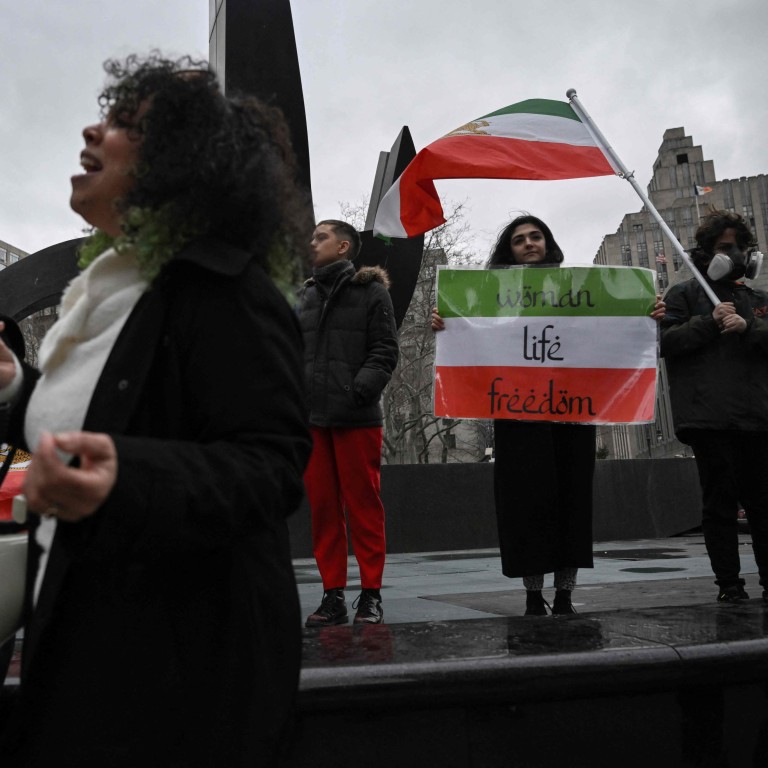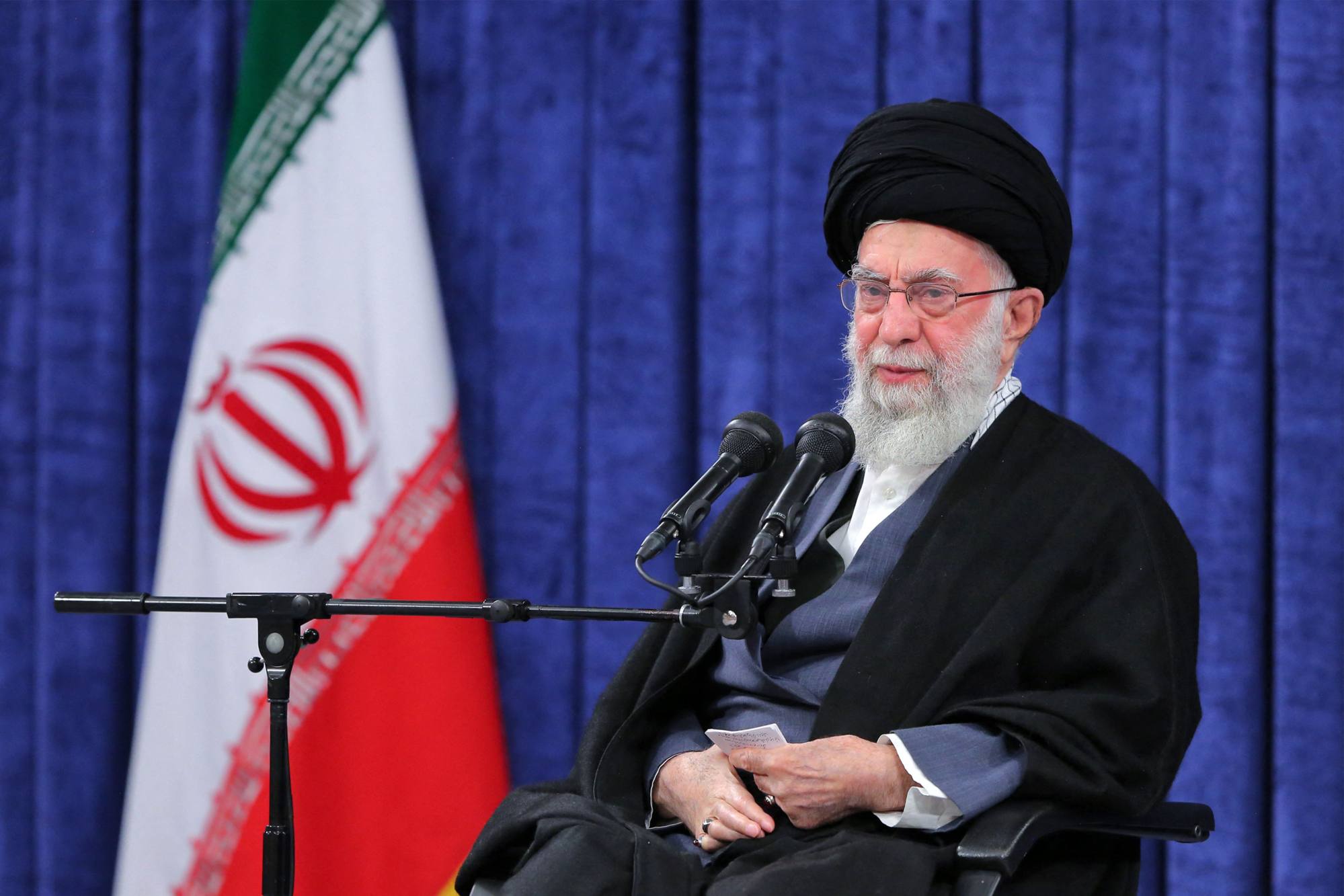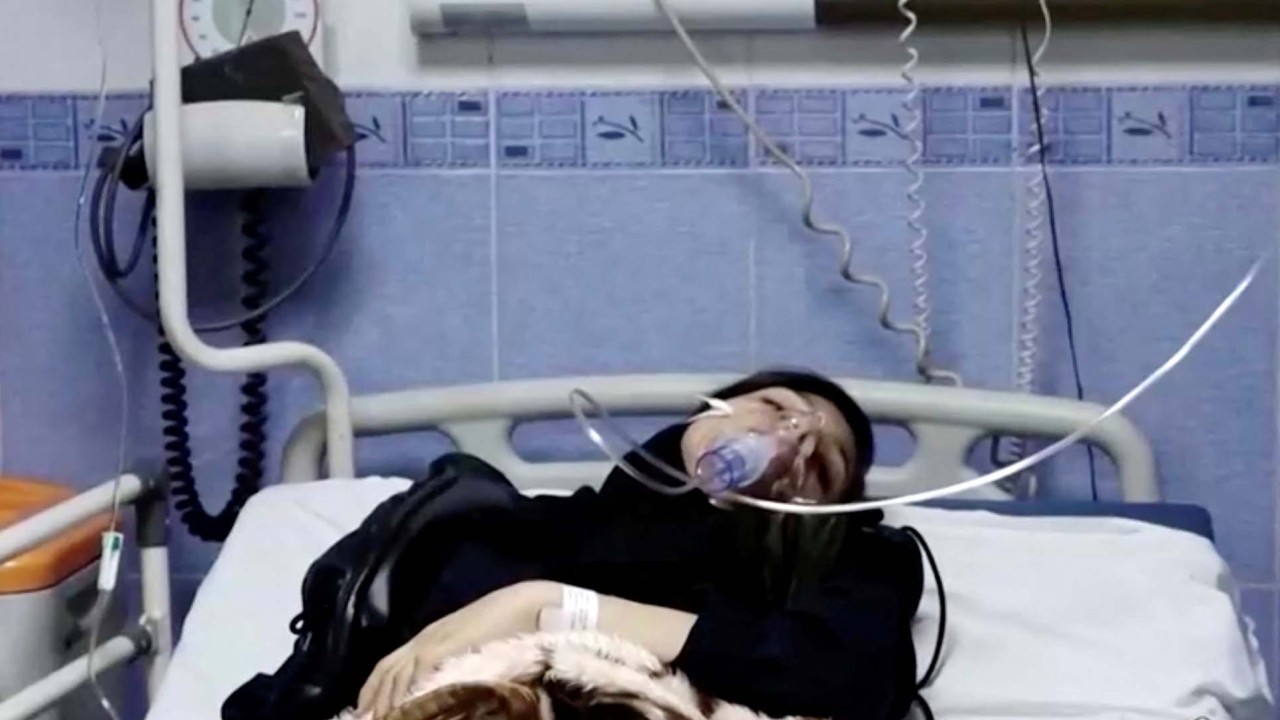
Mysterious poisonings at girls’ schools continue across Iran
- At least ‘60 students were poisoned in a girls’ school in the town of Haftkel’ in the oil-rich southwestern province of Khuzestan, state television reported
- Since late November many schools, mostly girls’ schools, have been affected by sudden poisoning incidents from gases or toxic substances
At least “60 students were poisoned in a girls’ school in the town of Haftkel” in the oil-rich southwestern province of Khuzestan, state television’s IRIB news agency cited a local official as saying.
A number of girls were poisoned in “five schools in Ardabil in the northwest”, where the victims showed symptoms of “anxiety, shortness of breath and headaches”, a provincial medical official told the news agency.
In the northwestern town of Urmia, capital of West Azerbaijan province, “a number of schoolgirls were taken to hospital on Saturday after feeling sick”, ILNA news agency reported without further elaboration.
According to an official count provided on March 7, “more than 5,000 students” have been affected by similar poisonings in more than 230 establishments, located in 25 of the country’s 31 provinces.
Iran’s Raisi says hijab is the law after unveiled women face ‘yogurt attack’
On Friday MP Hamidreza Kazemi, the head of the national fact-finding committee formed to investigate these cases, specified that “the final report” would be published “in two weeks”.
“We have received reports from various bodies and we are studying the issue in order to present our conclusion to parliament,” he was quoted as saying by state television.
Iran’s Supreme Leader Ayatollah Ali Khamenei had called on March 6 for “severe sentences” up to the death penalty against those found responsible for the poisonings, which he described as “unforgivable crimes”.
The poisoning cases began two months after the start of a protest movement in Iran sparked by the September 16 death in custody of Mahsa Amini, 22, following her arrest for allegedly violating the strict dress code for women.

The force would “take action to identify norm-breaking people by using tools and smart cameras in public places and thoroughfares,” a statement said.
Police will then send “the proof and warning messages to the violators of the hijab law” to “inform them about the legal consequences of repeating this crime”.
“From next Saturday, people who remove their veil will be identified by using smart equipment,” Iran’s police chief Ahmad-Reza Radan said in an interview with state television.
“People who remove their hijab in public places will be warned first and presented to the courts as a next step,” Radan said.
He said car owners will also receive a warning text if any of their passengers violate the dress code, and their vehicles will be seized if the offence is repeated.
In a separate statement on Saturday, police said they would not tolerate “any individual or collective behaviour and actions that are contrary to the law”.
In late March, the head of the judiciary, Gholamhossein Mohseni Ejei, said “removing hijab amounts to enmity towards values and people who commit such abnormality will be punished”.
The requirement for women to wear the headscarf in public was enshrined in law after the Islamic revolution of 1979.

.png?itok=arIb17P0)

